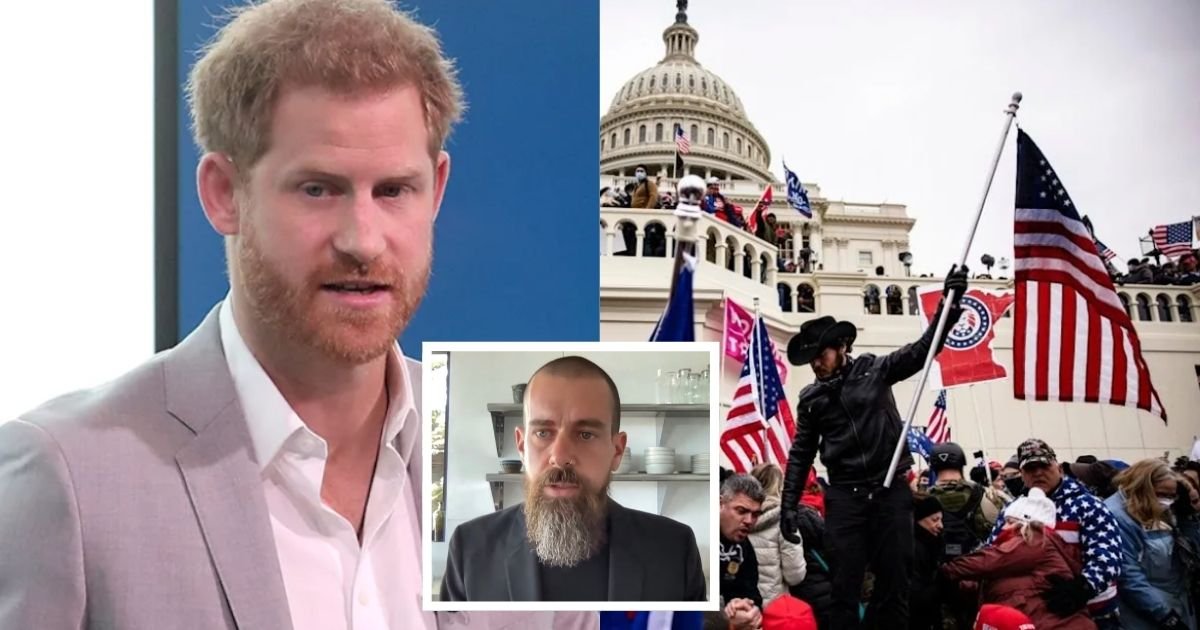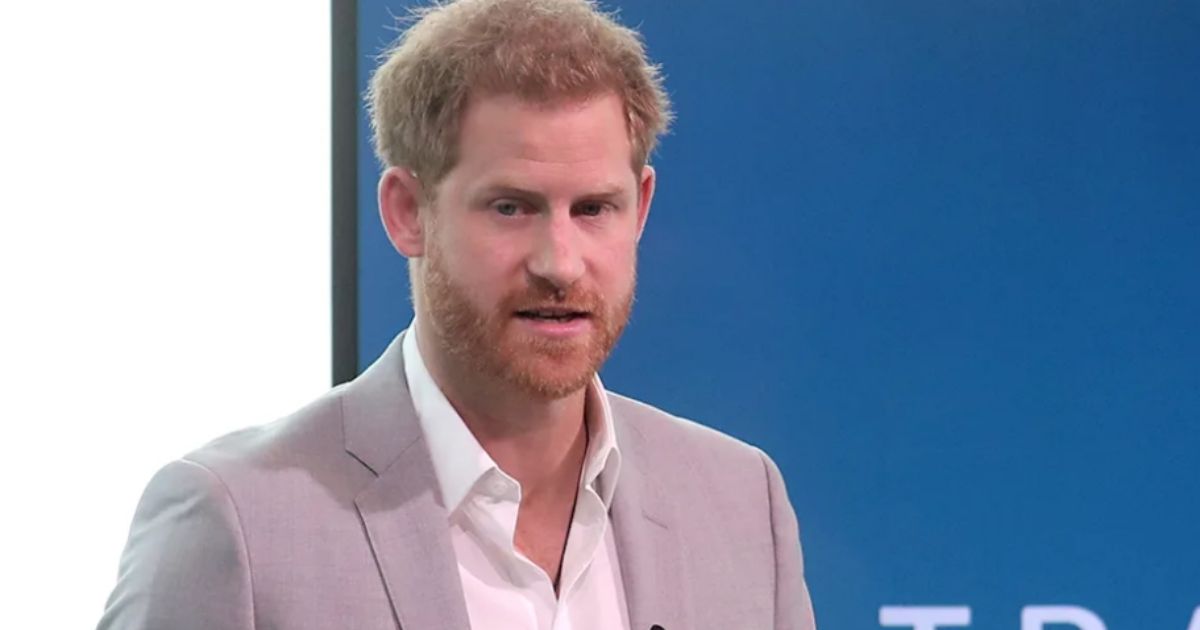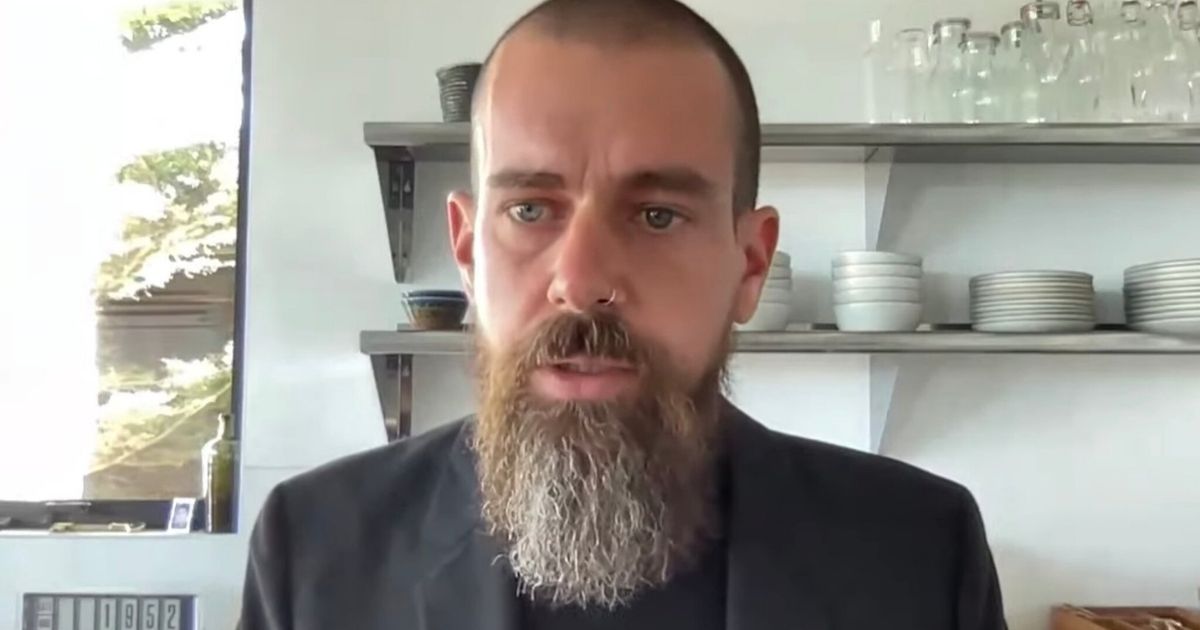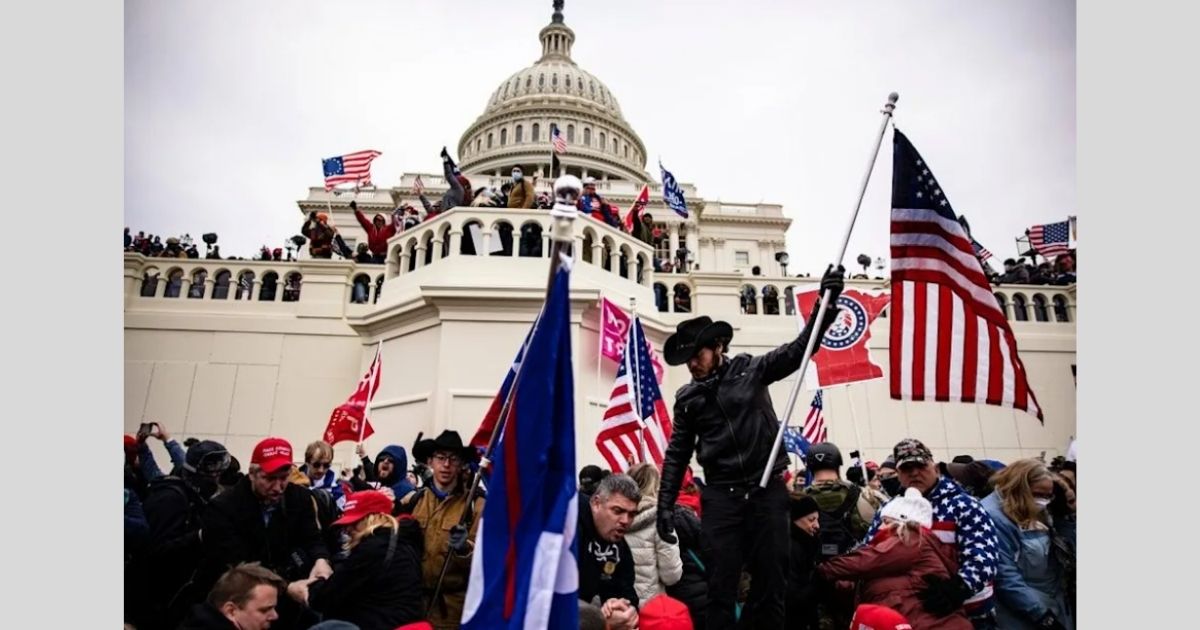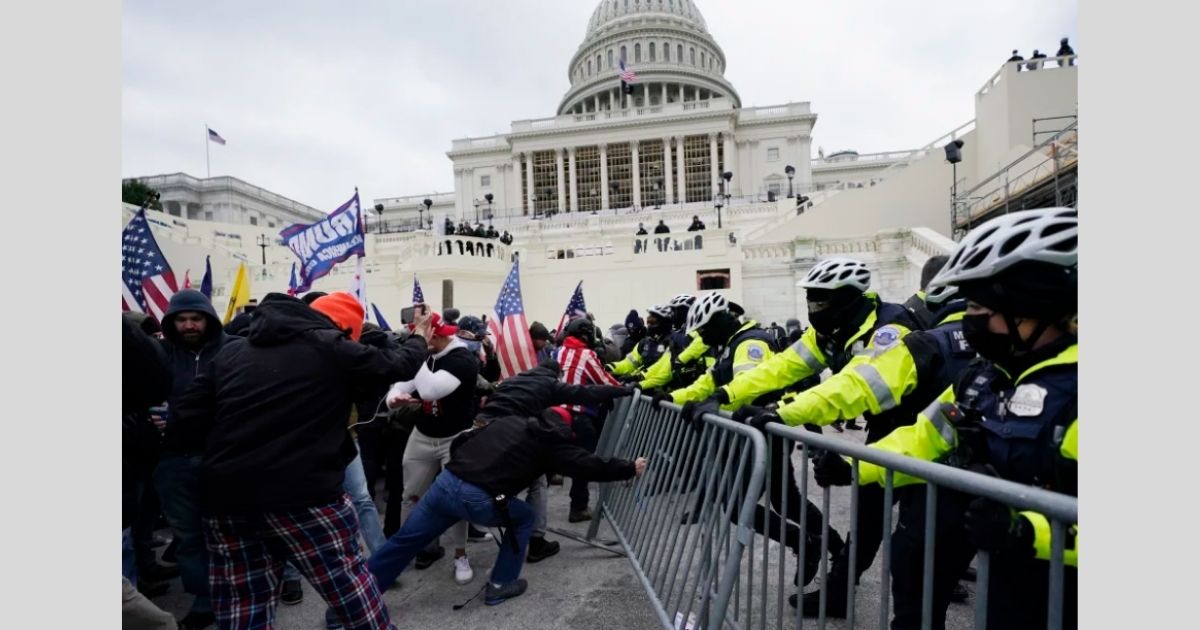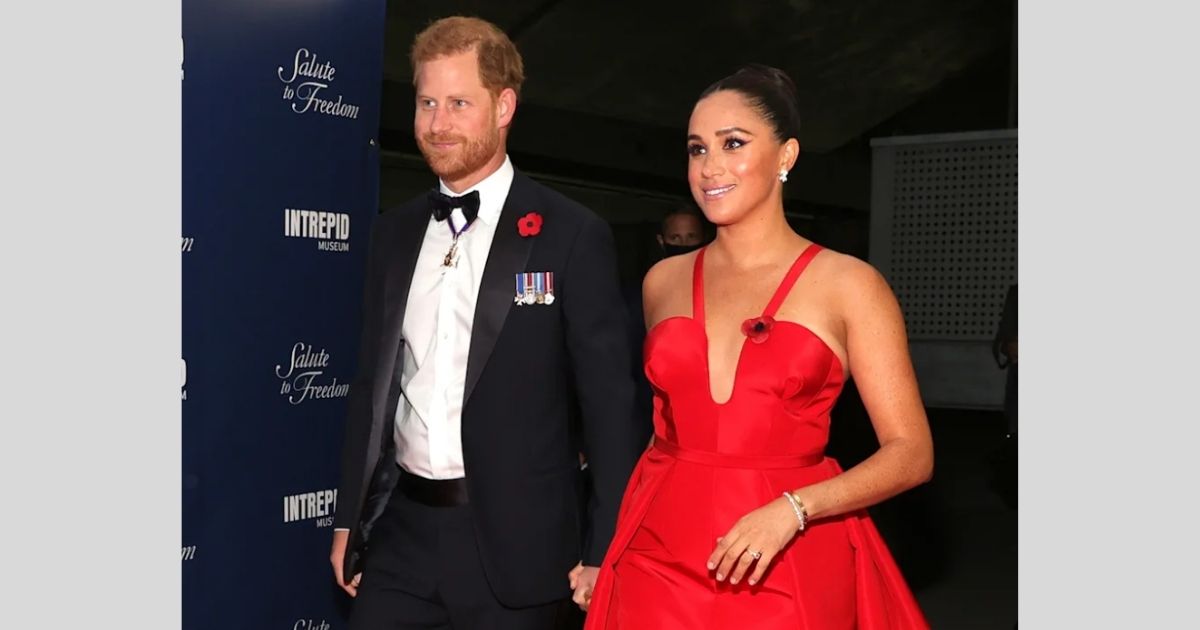Prince Harry gave a warning to Twitter CEO Jack Dorsey that people were using the social media platform to organize the Capitol riots, Metro UK reports.
In an interview with WIRED, the Duke of Sussex, 37, said that the internet was ‘defined by hate, division, and lies.’
During the discussion on misinformation on social media, Prince Harry was asked if he had ever ‘presented his case’ to social media bosses.
The 37-year-old prince then revealed that he actually predicted that a riot to the Capitol was brewing.
“Jack [Dorsey] and I were emailing each other, prior to January 6, where I warned him that his platform was allowing a coup to be staged,” Prince Harry told WIRED. “That email was sent the day before and I haven’t heard from him since.”
On January 6, 2021, Trump supporters marched to the Capitol after the former United States president lost the 2021 election to Joe Biden.
Five people have reportedly died during the riot and 691 people have since been arrested and charged with crimes, Metro reported.
Donald Trump’s Twitter account was banned on Facebook and Twitter that day after he was accused of using his social media accounts to stir up violence.
The incident has led to many discussions about the role social media plays in spreading misinformation and conspiracy theories.
However, social media giants are in a tricky situation for having the task of de-platforming false information while maintaining people’s right to freedom of speech.
Twitter and Facebook have since tried to create a system by holding platform users accountable to their community guidelines. But it was met with fiery criticisms, either for not being strict enough or for ‘silencing people’.
“Misinformation is a global humanitarian crisis,” Prince Harry said. “I felt it personally over the years and I’m now watching it happening globally, affecting everyone not just in America, literally everyone around the world.”
“The scariest part about this is you don’t need to be online to be affected by this,” he said. “It’s important to recognize this problem did not originate in social media.”
“I learned from a very early age that the incentives of publishing are not necessarily aligned with the incentives of truth,” he added.


